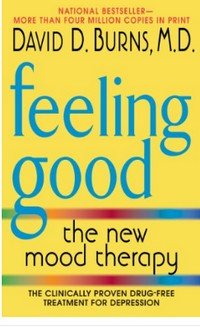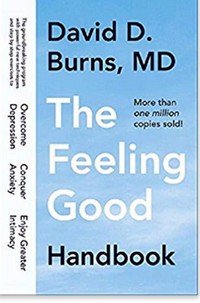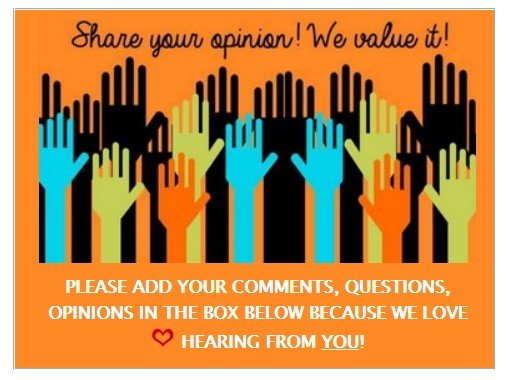What is the difference between healthy & unhealthy emoting?
![]() When adversities happen to people, they can choose to make themselves either (1) healthfully negative, sorry and regretful and annoyed and frustrated and disappointed about the happening or (2) unhealthfully negative creating feelings of horror, terror, anxiety, depression, rage, and other disturbed feelings, along with dysfunctional behaviors. And even if they create these dysfunctional feelings and behaviors, they’re able because we humans are born constructivists .”
When adversities happen to people, they can choose to make themselves either (1) healthfully negative, sorry and regretful and annoyed and frustrated and disappointed about the happening or (2) unhealthfully negative creating feelings of horror, terror, anxiety, depression, rage, and other disturbed feelings, along with dysfunctional behaviors. And even if they create these dysfunctional feelings and behaviors, they’re able because we humans are born constructivists .”
~Albert Ellis “Ask Dr. Ellis
 |
 |
 |
 |
 |
 |
This model is one of Dr. Ellis’s unique contributions to the field, that, as far as I know, is not expressed quite in this way in any other place. It represents one of the significant departures between REBT and humanistic psychology/counseling where “getting in touch with feelings” was regarded as inherently therapeutic in-and-of-itself. It is very important. It is game changing. Especially in these here modern times, it is a vital lifeline that can help us cut through the confusing psychobabble coming not only from the woo-woo “New Age” but also from rapidly spreading postmodern-cultural marxist ideology in the U.S. and Europe. Below is a chart with a few examples of healthy and unhealthy emotions:
| Healthy Emoting | Unhealthy |
| sad, disappointed | depressed |
| annoyed, irritated* | angry, resentful, bitter, enraged |
stoic, accepting, tolerant, equanimity, High Frustration Tolerance. |
frustrated. That is, Low Frustration Tolerance (LFT) |
| concern | anxiety |
| rational regret | guilt |
| unconditional self-acceptance | shame** |
|
**In my view, shame is always erroneous, unnecessary and inappropriate. Shame results from “rating” and “self-downing” and is best distinguished from “rational regret (traditionally, “guilt”). Shame is about self, guilt is about behavior. Some rational regret–if not self-indulgent–can be constructive, if used that way. |

![]()
Originally posted 2013-07-16 21:52:38.
- REBT and the Subconscious Mind - Sat 31 Jan 26
- What does REBT say about the unconscious mind? - Fri 30 Jan 26
- Kumare, Scoundrel or Liberator ??? - Fri 30 Jan 26



